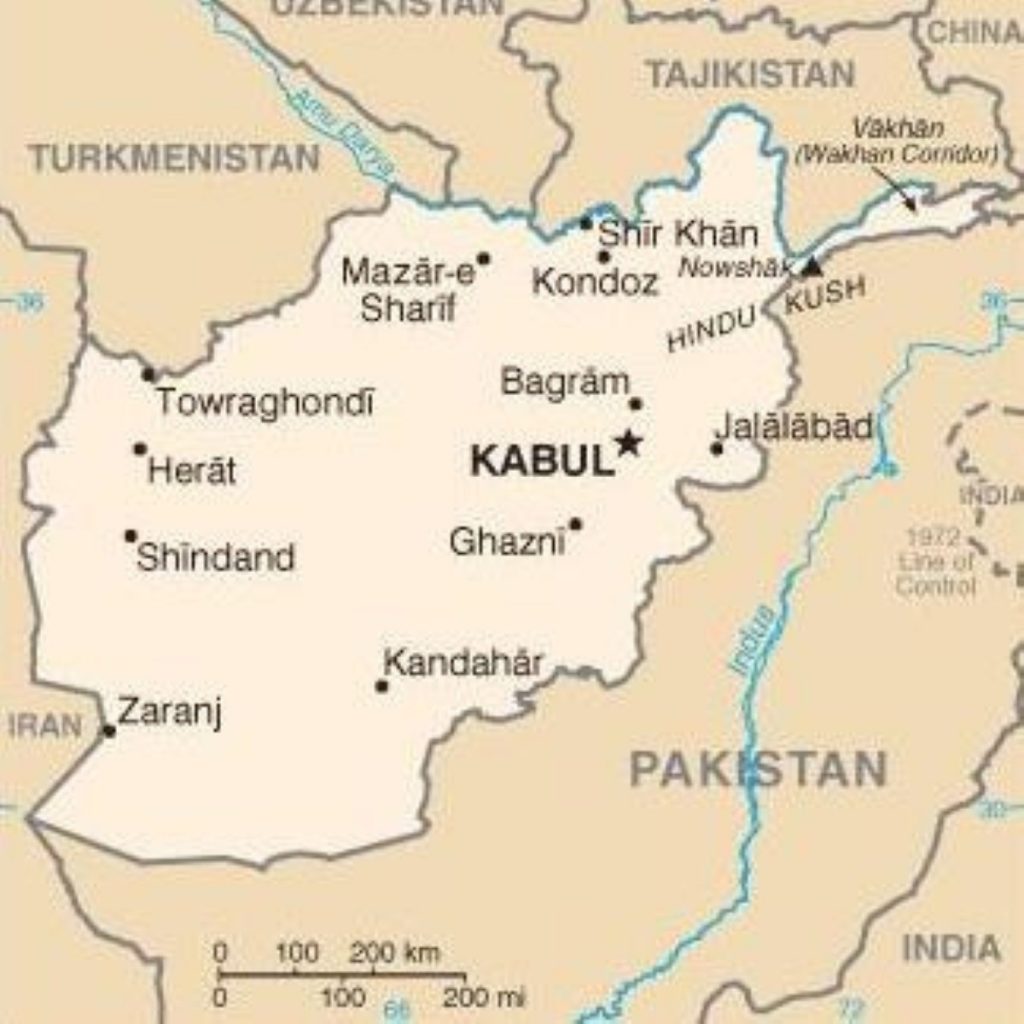Further Afghan deployment mooted
The government is considering sending more troops to Afghanistan, defence secretary Des Browne announced today.
He told MPs in the House of Commons that he had received “advice” on additional deployment and was “considering it as a matter of urgency” with senior generals.
His comments follow the announcement last night that another British soldier has been killed in southern Afghanistan. He was the sixth to die in the past three weeks.
The deaths have prompted concern that the 3,300 British troops deployed mainly in the lawless Helmand province are not sufficient for the task they have been given.


Their main role is to give assistance, intelligence and protection to the Kabul government in stamping out the narcotics trade in the province, but this work has brought them into contact with Taliban fighters, drug traffickers and other opponents.
Reports at the weekend suggested several generals were asking for more resources, in particular helicopters to defend the troops, but on Tuesday Tony Blair said he had yet to receive any formal request for more support.
However, Mr Browne told MPs this lunchtime: “I can now confirm that today I have received advice on additional deployment, and I am considering it, as a matter of urgency, with the [military] chiefs of staff.
“I will announce my decision, and the details of it, to the House as soon as possible.
“This House will be the first to know, but the House will also understand that there is a proper process to these decisions, and it would be entirely inappropriate and unhelpful, particularly to those who are in theatre, for me to discuss further the detail until that process is complete.”
Speaking to the Commons liaison committee on Tuesday, the prime minister said that “anything [British commanders] need and ask for in order to protect our troops I will make sure that they get”.
He added: “Our obligation to them is to give them what they need to do the job and if they come to us and say, which they have not so far, but they may well do, ‘This is what we require in addition because now we are actually there we can see this problem and that problem emerging,’ of course we will respond to it positively.
“The important thing to realise though is we always knew this mission was going to be difficult. We said that right from the outset and it is going to be difficult precisely because of its importance in turning the country round.”












